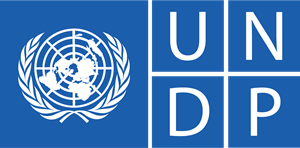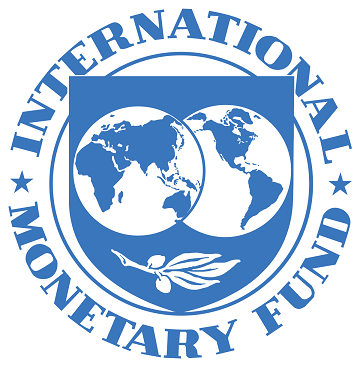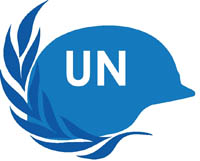Duties and Responsibilities
The United Nations Environment Programme (UNEP) is the leading global environmental authority that sets the global environmental agenda, promotes the coherent implementation of the environmental dimension of sustainable development within the United Nations system and serves as an authoritative advocate for the global environment. Minimizing environmental threats to human well-being from the environmental dimensions of conflicts and disasters has been a key priority for UNEP since 1999, when the Disasters and Conflicts Branch was established to deliver high-quality environmental expertise to national governments and partners in the UN system that work to respond to and prevent crises. With offices in different HQ and field duty stations, the Branch also has a strong track record of partnering with a broad range of actors and organizations—both within and outside the UN system—to develop, test, and disseminate innovative approaches to complex multidimensional problems. The Climate Security Mechanism (CSM), a joint DPPA-UNDP-UNEP-DPO initiative, aims to promote integration of climate-related security risk dimensions in the work of UN development, climate change, and peace & security. The CSM has worked since 2018 to enable integrated solutions needed for complex problems such as climate, peace and security. The field of climate, peace and security (CPS) has focused on pathways through rural livelihoods. Given the megatrends, the global urban population is expected to grow sharply. The IPCC has noted associated climate risks, in particular in relation to informal settlements. The CSM is working on a policy brief to address the conceptual gap regarding urban CPS. To foster a multidisciplinary conversation around urban CPS, the CSM is co-hosting a peer learning workshop series together with EnPAx and adelphi. Academic partners are working on a literature review and practitioners have provided examples of successful bottom-up activities. The policy brief will present in a structured way how nature-based solutions can contribute not only to adapting to climate change but can also be platforms for social cohesion and sustaining peace in urban settings. The elements exist but action is not driven by articulate and systematic policies. The consultancy will help to translate the peer learning workshop series into a policy brief and supplement knowledge gaps with additional background research. The draft policy brief will be presented at the EnPAx Ottawa conference in June 2026. The consultant will report to the Climate Security Mechanism Project Manager based in New York. Work Assignments & Outputs 1. Develop an outline for the CSM urban CPS policy brief document, including through: Structuring a solutions-oriented content, based on the peer exchanges and building on the UNHABITAT publication Rising temperatures, rising tensions: The urban climate-conflict nexus amid the global housing crisis | Climate Security Mechanism 2. Conducting background research: • On diagnostic knowledge gaps, in coordination with EnPAx literature review: synthesis of urban fragility and resilience factors to understand similarities and differences; climate related drivers for urban conflict, conditions under which these translate into violence. • To sharpen the scope of the policy brief: what are the urban climate, peace and security challenges towards which planning/management/governance or nature-based solutions can contribute. • Compiling the evidence base on solutions: o Success stories of integrated urban policy approaches with targeted regulations and incentives, applying national climate policies and peace/security/safety good practice. o Peace co-benefits of NbS and pollution action, collecting and organising case examples. o Private sector interest in climate, peace and security risk management in urban settings. 3. Assist preparing peer learning workshop sessions, including through conceptual development, helping to prepare speakers and documenting discussions. 4. Preparing an Urban Climate, Peace and Security policy brief draft.
Qualifications/special skills
Advanced university degree (Master’s degree or equivalent) in international relations, environmental sciences, development studies or other relevant discipline is required. Competencies - - Demonstrated ability to collect, analyze and synthesize information from a wide variety of written and verbal sources and present the resulting information in a clear and concise format. - Excellent writing, editing and communication skills. - Ability to carry out work independently as well as efficiently working in team. - Combining a critical lens with a solution-driven and constructive approach. Experience: At least seven years’ experience in peace and security, human security, urban safety or violence reduction is required. Knowledge of climate change adaptation, Disaster Risk Reduction, and/or conflict prevention with UN, government and or international organizations in Central America is desired.
No Fee
THE UNITED NATIONS DOES NOT CHARGE A FEE AT ANY STAGE OF THE RECRUITMENT PROCESS (APPLICATION, INTERVIEW MEETING, PROCESSING, OR TRAINING). THE UNITED NATIONS DOES NOT CONCERN ITSELF WITH INFORMATION ON APPLICANTS’ BANK ACCOUNTS.





